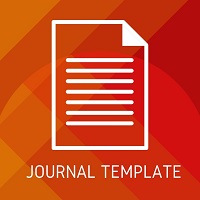The Optimalization Of International Cooperation in Asset Forfeiture Under Indonesia Anti-Corruption Law Draft
DOI:
https://doi.org/10.37253/jlpt.v9i2.10191Keywords:
International Cooperation, Corruption, UNCACAbstract
Corruption has been a serious matter for the Indonesian government, endangering economic stability, eroding public trust, and undermining societal well-being. Recognized as a complex and transnational crime, corruption demands strong legal and institutional action. This paper examines the potential for improving international collaboration within Indonesia’s Draft Asset Forfeiture Law as a means of addressing economic crimes. Although Indonesia ratified the United Nations Convention Against Corruption (UNCAC) through Law No. 7 of 2006, the enforcement of asset recovery measures and cross-border cooperation remains inadequate. Key shortcomings in the draft law include a lack of comprehensive guidelines for international collaboration and insufficient mechanisms for seizing assets prior to legal judgments. By utilizing global frameworks such as UNCAC and the ASEAN Mutual Legal Assistance Treaty (AMLAT), these gaps can be addressed. This study recommends revising the draft law to establish clearer international procedures, streamline asset recovery efforts, and bolster Indonesia’s capacity to combat corruption and financial crime effectively.Downloads
Download data is not yet available.
Downloads
Published
2024-12-30
Issue
Section
Articles
License
Copyright (c) 2025 Journal of Law and Policy Transformation

This work is licensed under a Creative Commons Attribution-NonCommercial-ShareAlike 4.0 International License.
Program Magister Hukum Universitas Internasional Batam








1.jpg)

1.png)




1.png)
2.png)
.png)
2.jpg)


